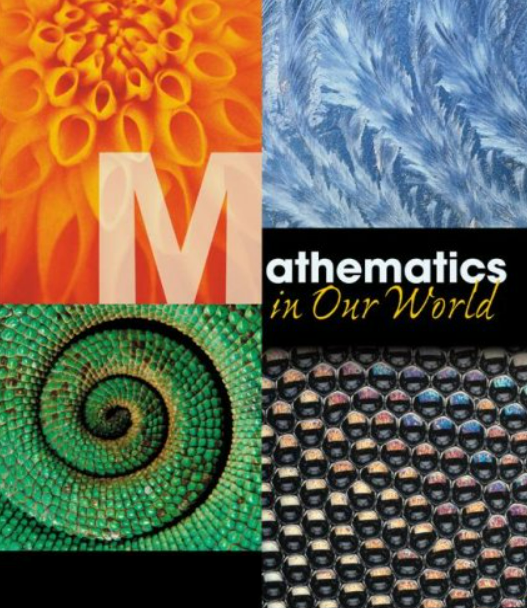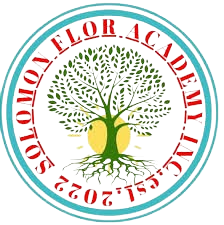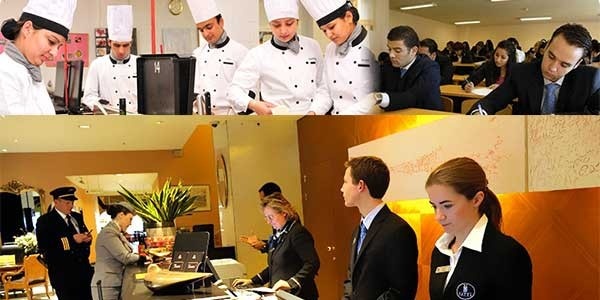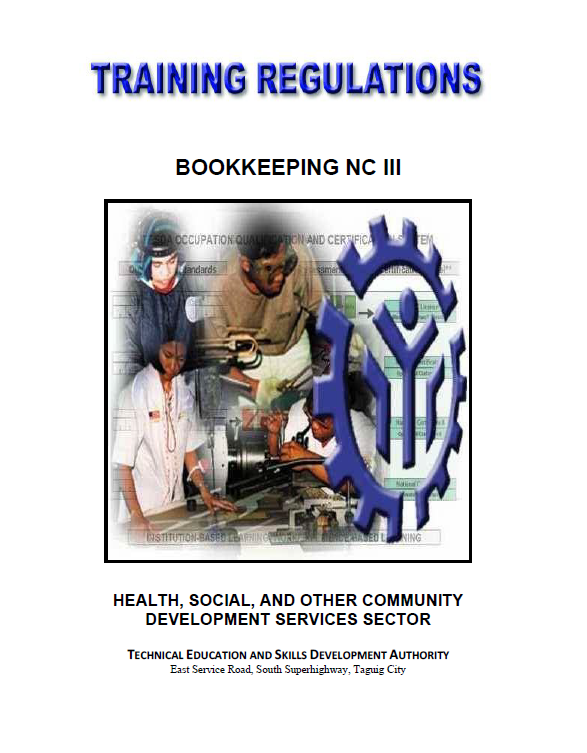
I. COURSE NUMBER: THC 123
II. DESCRIPTIVE TITLE: Risk Management as Applied to Safety, Security and Sanitation
III. CREDIT : 3 Units – 3 hours lecture per week
PRE-REQUISITES: None
IV. COURSE DESCRIPTION:![]()
This course will develop students’ knowledge, skills, and values on the basic principles of personal hygiene, food safety, and sanitation as applied in tourism and hospitality industry.
Topics include the following: compliance with workplace hygiene procedures; establishment and maintenance of a safe and secure workplace; implementation of occupational health and safety procedures; and performing basic first aid procedures.
Course Goal
Produce a risk management program in the workplace to provide a safe and secure environment.
Course Learning Objectives/ Outcomes
LO1. Identify sources of risk and their possible impact on tourism and hospitality sectors.
LO2. Apply safety practices applied in the industry which includes personal hygiene, sanitation, and safety.
LO3. Evaluate safety and health measures based upon the concepts of Occupational Health and Safety (OHS) and Hazard Analysis Critical Point (HACCP).
LO4. Create a risk management plan for tourism and hospitality industry.
Course Content
This module is divided into four (4) modules with a two (2) to a maximum of three (3) topics per module.
Module 1- Introduction to Risk Management in Tourism and Hospitality
Module 2- Factors to Consider to Ensure Safety and Security
Module 3- OHS and HACCP Module 4- Basic First Aid
Teaching & Learning Methods
Synchronous :
- Face to face class
- Real time/virtual class
- L2L audio chat/texting Asynchronous on- line : group forum discussion using Open LMS Asynchronous offline :
- Modular approach
- Teacher: ALVIN IRAULA

I. COURSE NUMBER: GE 3
II. DESCRIPTIVE TITLE: Mathematics in the Modern World
III. CREDIT : 3 Units – 3 hours lecture per week
PRE-REQUISITES: None
IV. COURSE DESCRIPTION:![]()
This course deals with nature of mathematics, appreciation of its practical, intellectual, and aesthetic dimensions, and application of mathematical tools in daily life.
The course begins with an introduction to the nature of mathematics as an exploration of patterns (in nature and the environment) and as an application of inductive and deductive reasoning. By exploring these topics, students are encouraged to go beyond the typical understanding of mathematics as merely a set of formulas but as a source of aesthetics in patterns of nature, for example, and a rich language in itself (and of science) governed by logic and reasoning.
The course then proceeds to survey ways in which mathematics provides a tool for understanding and dealing with various aspects of present- day living, such as managing personal finances, making social choices, appreciating geometric designs, understanding codes used in data transmission and security, and dividing limited resources fairly.
These aspects will provide opportunities for actually doing mathematics in a broad range of exercises that bring out the various dimensions of mathematics as a way of knowing, and test the students' understanding and capacity. (CMO No. 20, series of 2013)
Teaching & Learning Methods
Synchronous :
- Face to face class
- Real time/virtual class
- L2L audio chat/texting Asynchronous on- line : group forum discussion using Open LMS Asynchronous offline :
- Modular approach
- Teacher: ALVIN IRAULA

I. COURSE NUMBER: GE 6
II. DESCRIPTIVE TITLE: Understanding the Self
III. CREDIT: 3 Units – 3 hours lecture per week
PRE-REQUISITES: None
IV. COURSE DESCRIPTION:
The course is intended to facilitate the exploration of the issues and concerns regarding self and identity to arrive at a better understanding of one’s self. It strives to meet its goal by stressing the integration of the personal with the academic – contextualizing matters discussed in the classroom and in the everyday experiences of students –making for better learning, generating an new appreciation for the learning process, and developing a more critical and reflective attitude while enabling them to manage and improve their selves to attain a better quality of life.
The course is divided into three major parts:
The first part seeks to understand the construct of self from various disciplinal perspectives: philosophy, sociology, anthropology and psychology – as well as the more traditional division between the East and the West – each seeking to provide answer to difficult but essential question – “What is the Self?”. And raising, among others, the question: “Is there even a construct of the Self?”.
The second part explores some of the various aspects that make up the self; such as the biological and material up to and including the more recent Digital Self.
The third and final part identifies three areas of concerns for young students: learning, goal setting, and managing stress. It also provides for the more practical application of the concepts discussed in this course and enables them the hands-on experience of developing self-help plans for self-regulated learning, goal setting and self care.
This course includes mandatory topics on Family Planning and Population Education. (CMO No.20, s.2013)
Teaching & Learning Methods
Synchronous :
- Face to face class
- Real time/virtual class
- L2L audio chat/texting Asynchronous on- line : group forum discussion using Open LMS Asynchronous offline :
- Modular approach


